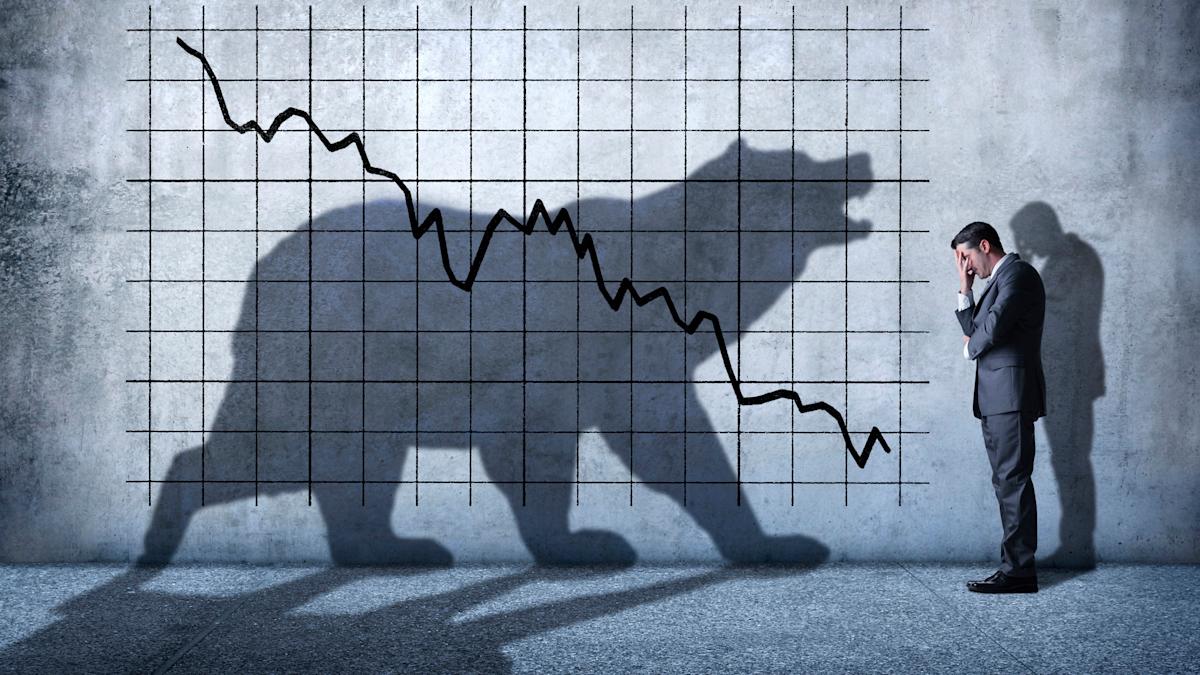
When the economy feels shaky, as it has recently with President Donald Trump’s announcement of high tariffs on major trading partners of the U.S., consumers often look to finance experts for reassurance.
Read More: I’m a Self-Made Millionaire: 5 Stocks You Shouldn’t Sell
Invest Next: Here’s the Minimum Salary Required To Be Considered Upper Class in 2025
Expert Suze Orman has been doing her best to offer comfort as the stock market went into freefall over the second week of April, but even she suspects we are headed for a “bear market,” as she wrote in a recent Facebook post.
While small dips in the stock market are normal and rarely something to be concerned about, when the stock market experiences prolonged declines — by as much as 20% or more — this is known as a bear market.
A bear market often reflects reduced confidence in the economy, investor pessimism and can signal economic downturns and even recessions.
In light of a possible bear market, Orman offers some tips on what investors should be thinking about and doing.
Orman acknowledged that due to trade wars Trump has initiated with some key countries, like China, over tariffs, investors are “on edge.” And while a common strategy for investing is to partake in dollar-cost averaging, she urged, “if you’re going to continue that strategy right now, do it with seriously tiny amounts. This is not the time to be aggressive.”
Find Out: Warren Buffett’s Berkshire Hathaway Bought Over $73 Million in Shares of This Tech Company — Here’s Why
Orman wrote that the economic signs right now feel a lot like they did in 2022. “Volatile. Emotional. Uncertain.” While she urged people to “breathe,” stating that markets eventually recover-she warned they don’t do so all at once.
“If these tariffs stay in place, it will take time. So remember: money you have in the market should have been money you did not need for at least five years.”
Of course, people contributing to a retirement account, no matter when they are retiring, should not stop, she urged. “Stay the course. Keep investing steadily. That consistency is your power.”
A measure of market volatility known as the VIX (Volatility Index) just surpassed 45, which, Orman said, is “the highest it’s been since the spike in August. When the VIX is this high, it means fear is overwhelming logic.”
When fear is in the air, be careful about selling, she warned. “Markets can bounce — even in the middle of a downtrend. So don’t react emotionally.”
Fortunately, there are a few silver linings within all of this chaos, she wrote. Some key positives include:
